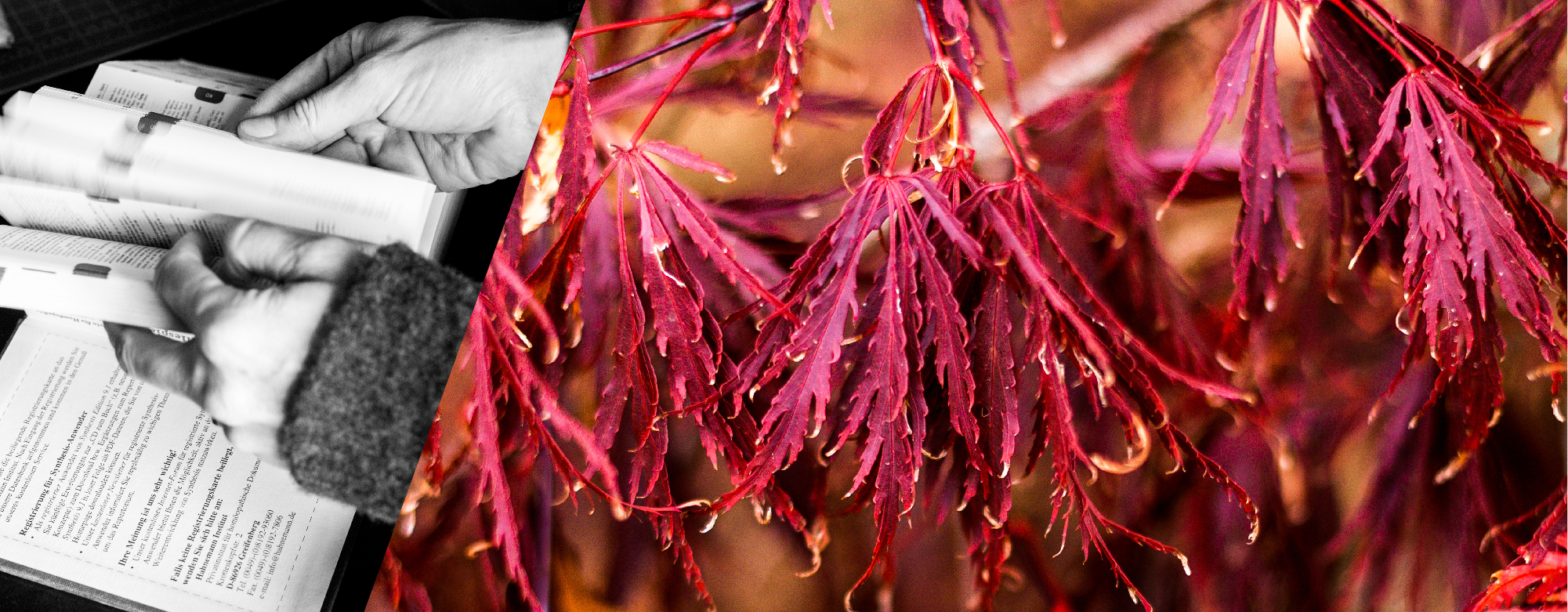
![]()
I’d be the first to admit homeopathy is a complex subject.
It’s rather like asking a doctor to explain how medicine works – there simply isn’t a two-minute answer. Here is where I attempt to answer questions that I’m frequently asked and correct some common misconceptions, because there are a lot of them out there.

Certainly a lot more people than you would think. And people from all walks of life. Many famous people have been advocates of homeopathy in the last few centuries, including Charles Dickens, W.B. Yeats, William Thackeray, Benjamin Disraeli, Mark Twain, Louisa May Alcott, Jackson Pollock, Yehudi Menuhin, Dizzy Gillespie (no relation!) and Mahatma Gandhi.
Modern-day famous people who have publicly declared their support for homeopathy famously include our Queen and Prince Charles, Paul McCartney, Tina Turner, Whoopi Goldberg, Jane Fonda, Catherine Zeta-Jones, Cher, David Beckham, Angelica Houston, Boris Becker, Diane von Furstenberg, Olivia Newton-John, Pamela Anderson, Usain Bolt… the list goes on.
Some people are fortunate to grow up using homeopathy, while others come to homeopathy after conventional medicine has failed them. Many patients I see suffer from chronic conditions (asthma, eczema, allergies, food intolerances, mental health issues…) where conventional treatment is only palliative or short-lasting, or they are battling with the vicious circle of side effects that conventional drugs can entail. Many families come to homeopathy, because they feel uncomfortable giving their babies and children pharmaceuticals. Others simply wish to experience a more natural and sustainable approach to health.
Homeopathy can provide safe, effective and long-lasting help for a huge range of health issues from acute and chronic organic diseases to psychological and emotional disorders. It is safe and effective for all ages, including during pregnancy and for newborn infants. And it can help with many more conditions than you might perhaps suppose. It can also help when you don’t have a proper diagnosis, are feeling out of sorts, having trouble sleeping or simply coping with everyday life.
Homeopathy can work quickly in acute cases such as fevers and childhood diseases. And even patients with long-standing, chronic complaints frequently report immediate benefits, including improved sleep and higher energy levels. In my practice, I see old and young, women and men, people from all kinds of professions and with a wide range of presenting complaints. If you’re in any doubt, just ask me!
It’s something I get asked a lot, but homeopathy is not at all the same as herbal medicine, food supplements, tissue salts, flower remedies, vitamin or mineral supplements, though all of these can be great alternatives to pharmaceuticals. Some homeopathic remedies are indeed plant-based, whereas others derive from minerals or animals.
The key difference is that homeopathic medicines are made in a process of potentization, which removes the potential for toxic side effects and transforms them into what one might call energy medicine. I do sometimes use herbal teas and tinctures in my practice. However, in my opinion homeopathy goes much deeper and works more swiftly than herbal medicines, so my practice is firmly anchored in homeopathy.
Neither did I. When I first began studying alternative medicine, I went to see a homeopath for a chronic health problem. I knew little about homeopathy and was quite sceptical, so I went to see him with the attitude: go on then, show me what you can do! Despite my scepticism, the health problem resolved itself after a few good remedies, never to return.
The great thing about homeopathy is that you don’t have to believe in it. Why should you? It works regardless of belief or scepticism. I’ve given my daughter a remedy for a persistent, high fever and the fever has gone down within minutes. She was two at the time, so belief didn’t really come into it. I’ve given my cat a remedy for a corneal ulcer, after two different vets told me there’s really nothing you can do about it. The ulcer gradually disappeared and never came back. Now I can’t question my cat, but I’m guessing you understand where I’m going with this?
So, whether you believe in homeopathy or not, I would recommend trying it for yourself.
Not at all. Homeopathy has been around as an idea since the ancient Greeks, but it was a German physician called Samuel Hahnemann (1755-1843) who systemised homeopathy into an integrated philosophy of medicine. Today, homeopathy has been used in hospitals, by doctors, nurses, midwives and complementary practitioners around the world for over 200 years.
Homeopathy is really quite down-to-earth in its approach. Although I am interested in your dreams and fears as part of your overall make-up as an individual, my approach is neither esoteric, nor inaccessible, even if you’ve previously only encountered conventional medicine.
Homeopathic treatment always begins with a first consultation. This in-depth session lasts several hours and is really important for homeopath and patient alike. It is my opportunity to take a really detailed case history and it is your chance to tell your story in full. Perhaps for the first time.
I need to know as much as possible about your presenting conditions (why you are here), as well as your general physical, mental and emotional make-up. There are no artificial boundaries between body and mind in homeopathy. I’m interested in hearing everything that troubles you, even if it’s ‘only’ psychosomatic or you have learned to live with it.
In the next step, you receive a homeopathic remedy from me and we make a follow-up appointment in a few weeks’ time. After that, follow-up sessions every 4 to 6 weeks are very important for the first 6 months, as they allow me to assess your medium-term response and give you the opportunity to voice any worries.
In my practice, the fee structure is as follows:
- First consultation (1-2 hours): adults £80; children (under 13 years) £60
- Follow-up consultations (30-45 minutes): adults £40; children (under 13 years) £30
- Telephone consultations for acutes (20 minutes): £20
Remedies are available from me and cost £2 to £6.50, depending on dose and potency. If I need to post them to you, postage is charged at standard Post Office rates.
Because children tend to contract acute illnesses more frequently than adults, and frequently when you least expect it, I also offer a flat-rate fee structure for babies and children (under 13 years). The idea is that with a flat-rate, you don’t have to worry about picking up the phone to call me! Please talk to me about this in person.
So far nobody has been refused treatment on financial grounds. If you’re seriously interested in pursuing homeopathic treatment, but are concerned about the costs, I do try to accommodate. Talk to me. We can usually come to an agreement to make it more affordable to you.
Absolutely. Anyone can learn to use homeopathy for treating simple health issues. I recommend that you do too, especially if you’re parenting children. I always advise parents to buy a basic home remedy kit and accompanying guide for treating minor ailments at home (talk to me for recommendations for both).
However, it becomes more complicated when complaints are of a chronic, long-standing or complicated nature. In other words, you’ve had something for months or years, or you’ve suppressed a chronic complaint with pharmaceuticals over a longer period of time. It also gets trickier when you’re dealing with health issues that run in the family. In chronic cases and in cases where you’re not getting anywhere yourself, it is always advisable to consult a professional homeopath.
Homeopathic medicines (often called remedies) are made from plant, animal and mineral sources, and prepared in accordance with a strict method devised by the founder of homeopathy, Samuel Hahnemann. Some remedies have the same origins as pharmaceutical drugs. When prepared homeopathically, however, the substances are systematically diluted until there is no possibility of toxic side effects. At each stage of dilution, the remedy is shaken to increase its energy level.
Homeopaths always prescribe as little as possible, so do not be surprised if you receive a single dose of several tiny pills. Even a small dose will go on acting for quite some time after you have taken it – for weeks, months or even years in some cases. In homeopathy, less is more.
Homeopathic remedies are non-toxic, side effect-free and inexpensive. Unlike many conventional medicines, you can take them during pregnancy and while breastfeeding. They are safe for children, babies and even newborns – giving you a real alternative for treating problems that arise during this most sensitive of times.
Some stimulants have been known to negate the effectiveness of homeopathic remedies. Wherever possible, please try to avoid coffee (unless already a daily habit), mint (including mint toothpaste) and strong essential oils such as tea tree, peppermint, eucalyptus and camphor (present in many cold medicines, so watch out for these) while under homeopathic treatment. Strong odours from paint and chemicals should also be avoided if possible.
Homeopathic medicines can work alongside allopathic medicines and do not inhibit conventional medicines in any way. If you are taking regular medication prescribed by your doctor or consultant, this is something we will discuss during your first consultation. I will not advise you to stop medication without consulting your doctor.
Sadly, a lot of time and money is spent on discrediting homeopathy, especially in the UK, and the popular press reflects this investment. You might be surprised to learn this certainly isn’t the case everywhere. Homeopathy is an integral part of mainstream medicine in many other countries.
In Switzerland, for example, homeopathy (together with herbal medicine and traditional Chinese medicine) were recently awarded the same official status as conventional medicine. So patients can choose whether to see a GP or a homeopath at any stage. In Germany, where I lived and worked for many years, even mainstream doctors frequently start by prescribing homeopathy or herbal medicines, especially to children and babies, following the logic that it’s best to start gently, leaving the big guns for cases that really require them. French doctors are great fans of homeopathy and homeopathy is prescribed a great deal there. Homeopathy is also very popular in India, due in part to its cost effectiveness, and Indian homeopaths are at the forefront of new developments in homeopathy. So, all in all, the UK is in a minority when it comes to its relationship with homeopathy.
If you’re interested in getting some facts about the common claims you read in the press, this is a great resource: https://www.hri-research.org/resources/homeopathy-faqs/.
